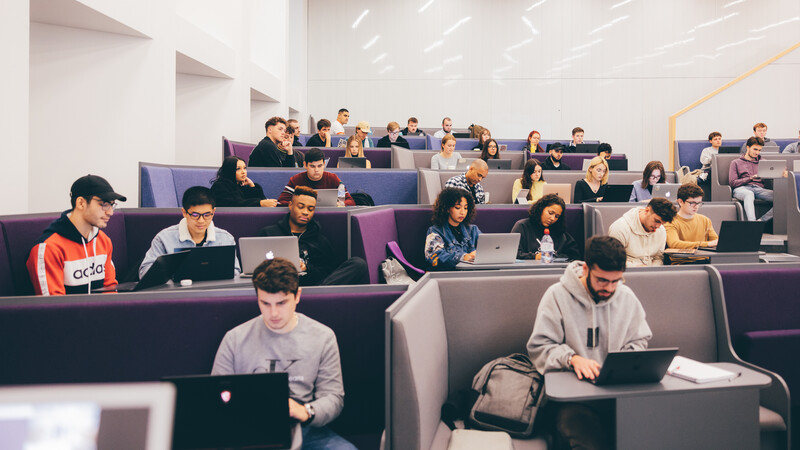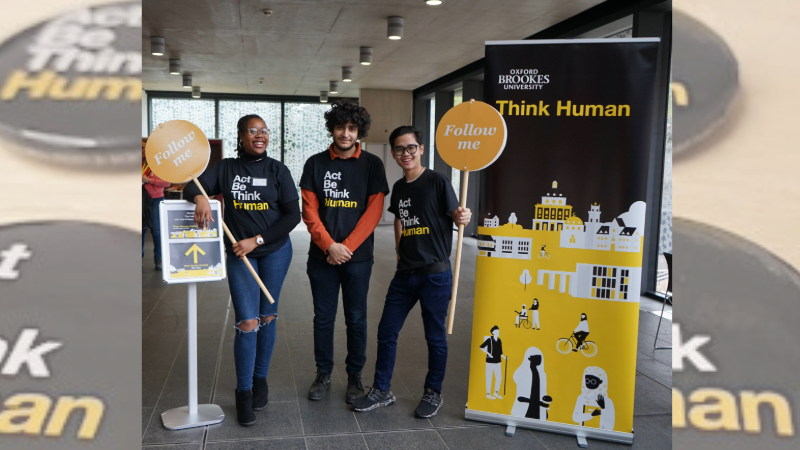You will explore real-world issues such as global inequality, climate justice, migration and political change, drawing on insights from anthropology, criminology, geography, international relations, politics and sociology.
The school is rooted in the rich history and intellectual tradition of Oxford, a city that blends history with modern life. You will connect with local employers, charities and community groups while gaining a global perspective through research and teaching that makes a real impact. Your studies will not just inform you but help shape the world around you.






